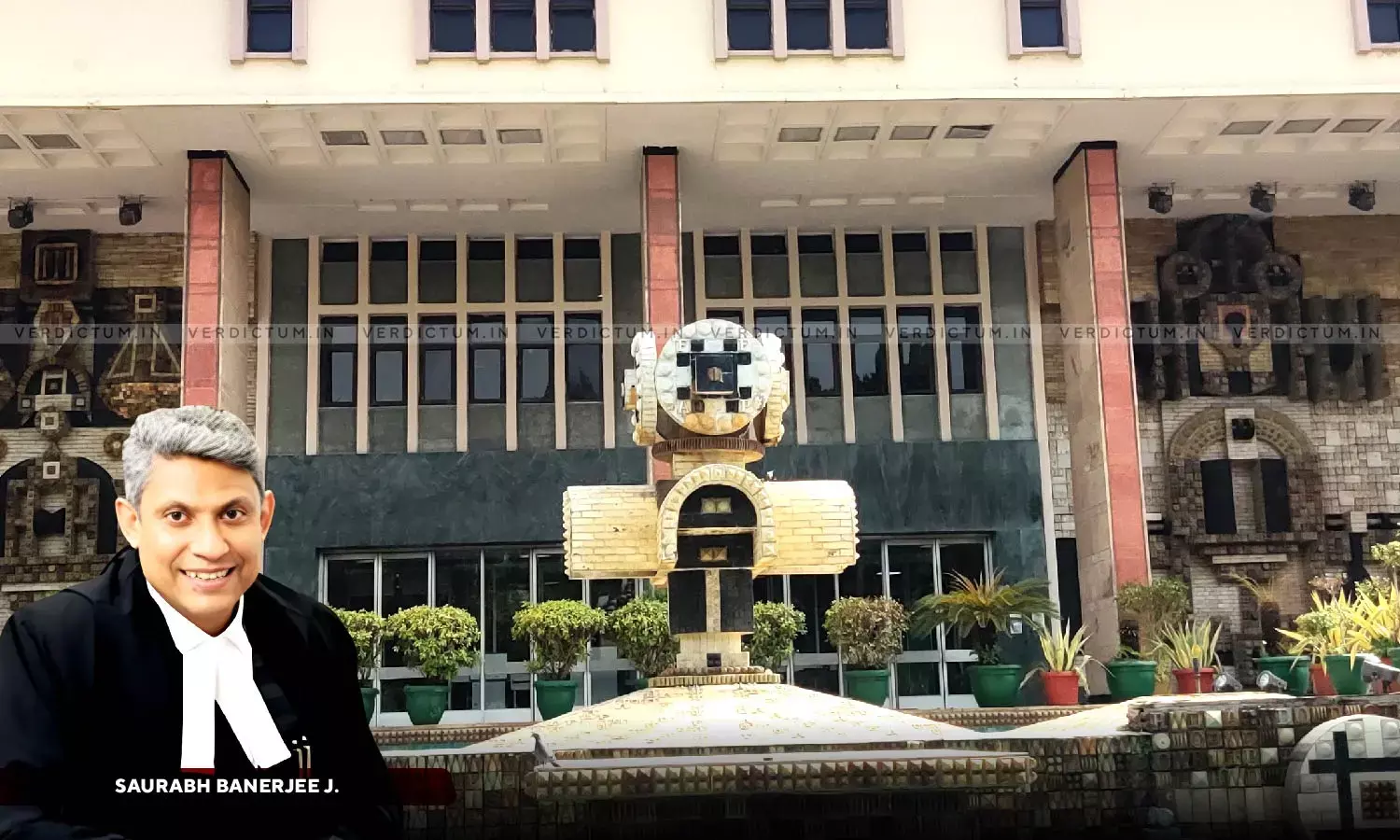Though Filing Chargesheet Is Material Consideration While Granting Bail, It’s Not Sole Criterion: Delhi HC

The Delhi High Court emphasized that while the filing of the chargesheet is a material consideration in bail matters, it is not the sole criterion and must be considered in conjunction with the facts and circumstances of the case.
The applicant sought regular bail in a case involving serious charges under various sections of the Indian Penal Code (IPC), including sexual offenses.
The applicant, along with two other co-accused, was accused of committing heinous sexual atrocities over a period of almost 2 years. The complainant alleged that she was forcefully intoxicated and subjected to sexual abuse.
A Bench of Justice Saurabh Banerjee said, “this Court would like to specify that though filing of the chargesheet is a material consideration while granting bail, however, the same is not the sole criterion to be taken into consideration as it has to be coupled with the facts and circumstances involved”
Advocate Sanjiv Kumar Gill appeared for the Petitioner and Advocate Meenakshi Dahiya appeared for the Respondent.
The defense argued that since the chargesheet has been filed, there was no threat of tampering with evidence or witness intimidation.
The prosecution contended that the complainant had made serious allegations against the applicant, portraying him as a key player orchestrating sexual activities with the complainant for financial gain. The delay in filing the FIR was attributed to the complainant's fear of blackmail.
The Court noted that the chargesheet had been filed and reviewed the status report and nominal roll. The applicant had been in judicial custody, and his conduct in jail had been satisfactory.
Despite the chargesheet being filed, the Court decided against granting bail. The Court expressed concerns about the severity of the offenses, the specific role attributed to the applicant by the complainant, and the lack of plausible reasons for the applicant's involvement. The Court said, “The involvement of the applicant, under the given circumstances, raises a concern, more so, as there is no denial of the fact that he was known to the other co-accused persons named in the present FIR and in any event, the same is very much a matter of trial. At this stage, there is no plausible reason or explanation given by the applicant for his involvement with the other co-accused persons in the commission of the alleged offences. 10. The aforesaid facts coupled with the grievousness of the offences including the severity of the punishment, if convicted, are themselves sufficient reasons for this Court to deny bail to the applicant at this stage.”
The Court relying on Supreme Court judgments added, “Primarily when the conditions laid down by the Hon’ble Supreme Court in Re.: Prasanta Kumar Sarkar vs. Ashis Chatterjee (2010) 14 SCC 496 and State of Uttar Pradesh vs. Amaramani Tripathi (2005) 8 SCC 21 and Deepak Yadav vs. State of Uttar Pradesh (2022) 8 SCC 559] for granting bail to any accused like the applicant are as under:-
a. whether there is any prima facie or reasonable ground to believe that the accused had committed the offence;
b. nature and gravity of the accusation;
c. severity of the punishment in the event of conviction;
d. danger of the accused absconding or fleeing, if released on bail;
e. character, behaviour, means, position and standing of the accused;
f. likelihood of the offence being repeated;
g. reasonable apprehension of the witnesses being influenced; and
h. danger, of course, of justice being thwarted by the grant of bail.”
The bail application was dismissed.
Cause Title: Keshav Prakash Gupta v. State NCT Of Delhi
Click here to read/download Order


